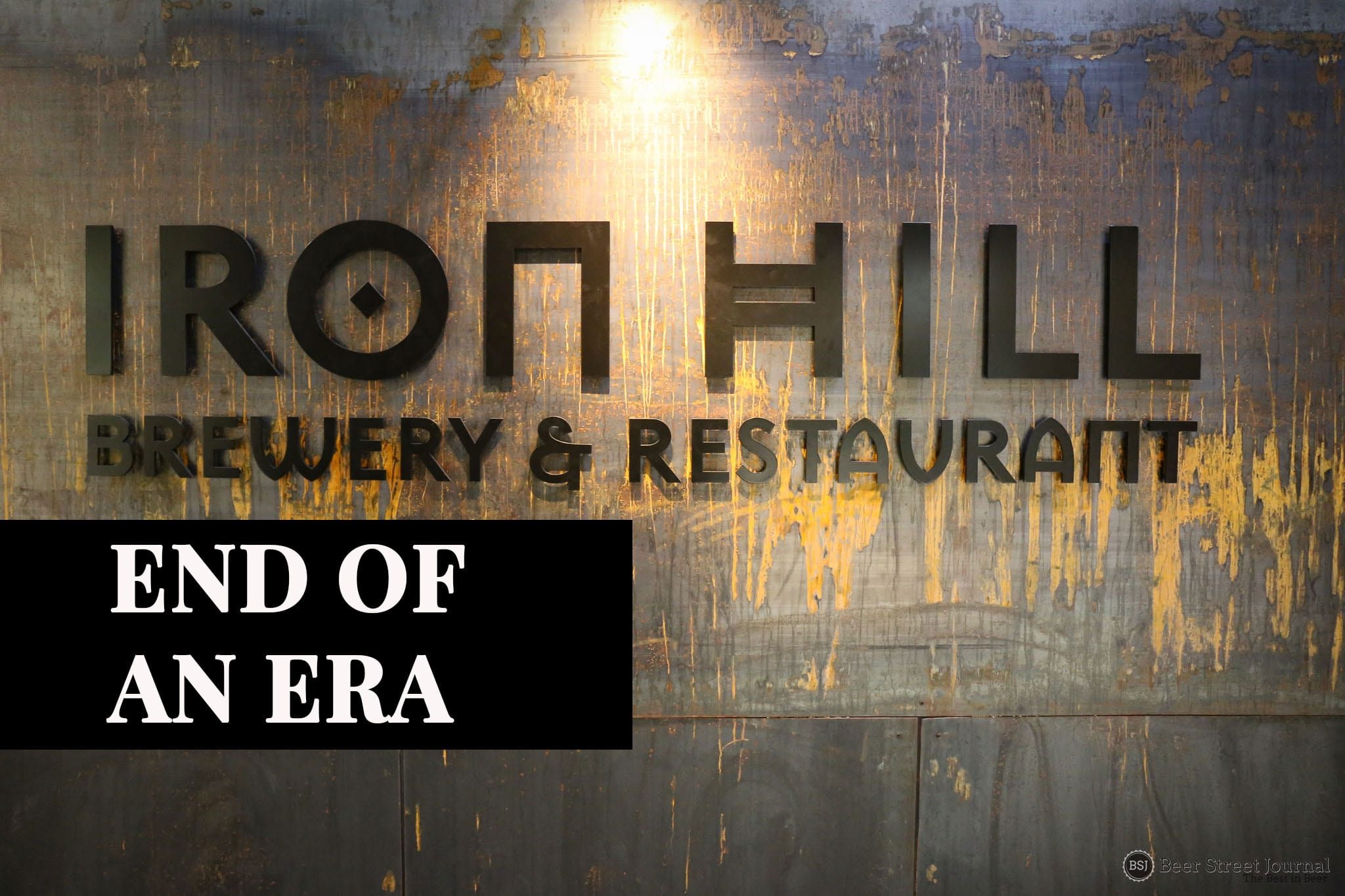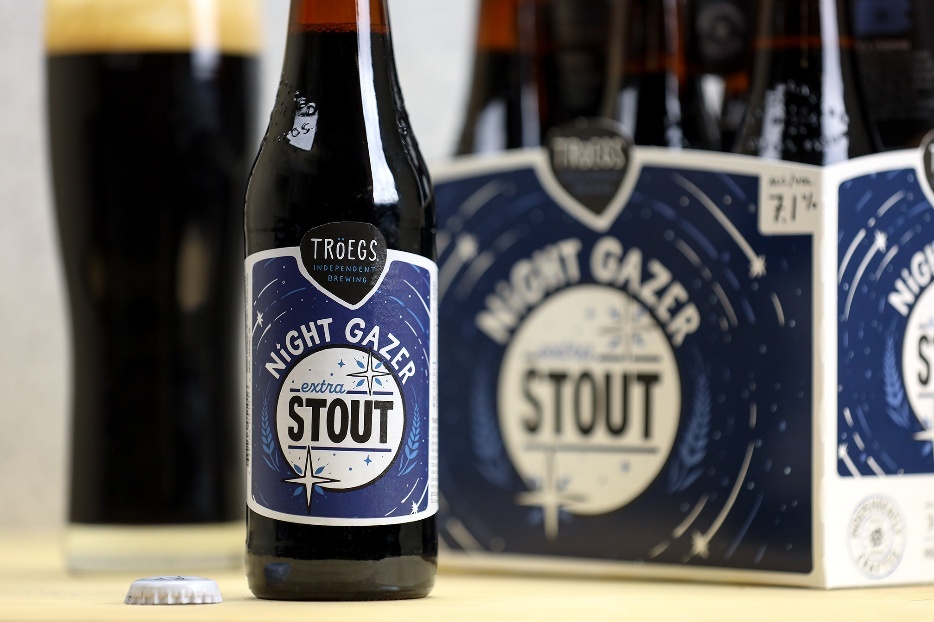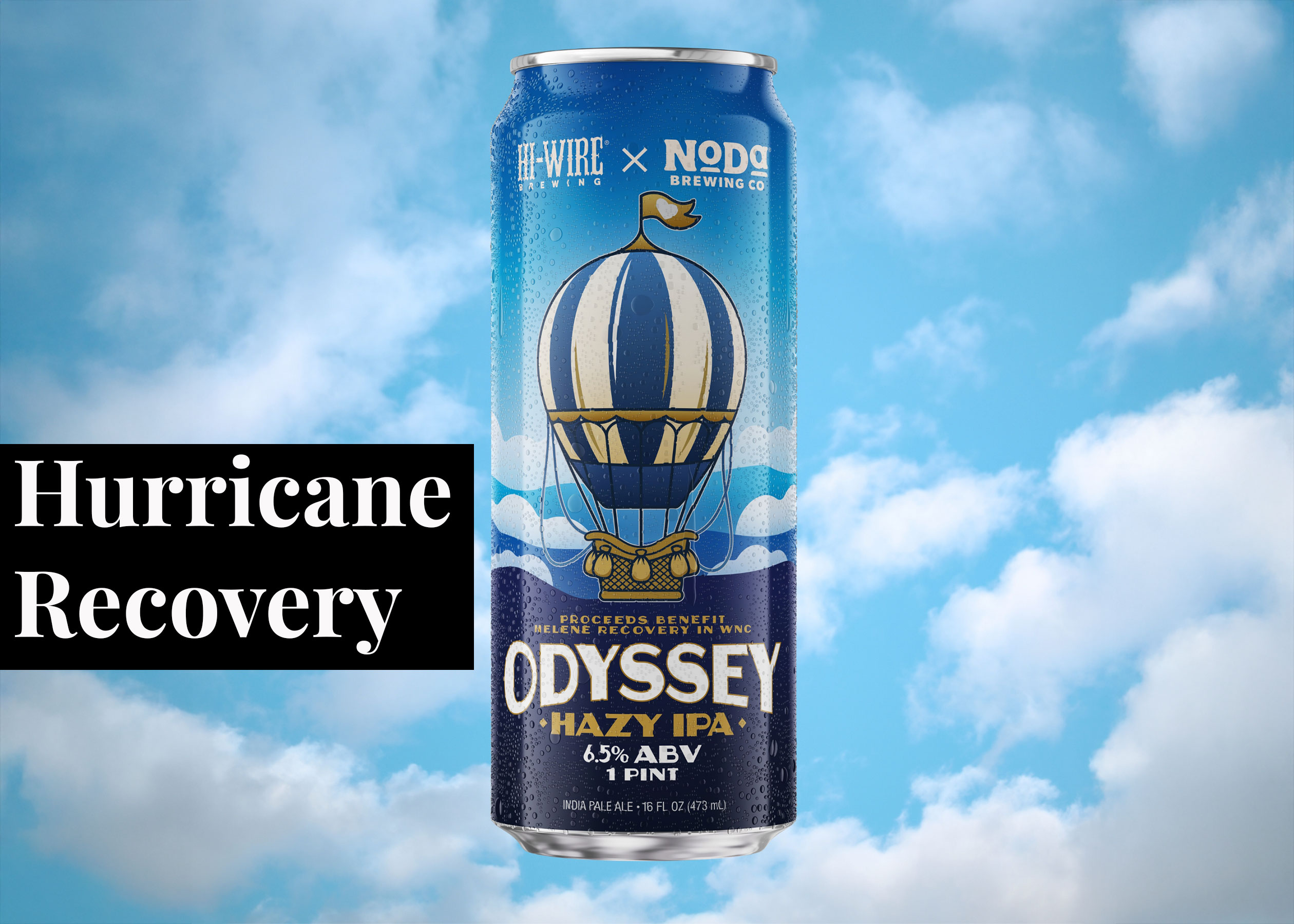Just weeks after announcing the closure of three locations including their original build, Iron Hill has announced a full shutdown.
Iron Hill Brewery & Restaurant announced the immediate closure of all its remaining locations on Thursday, just two weeks after company leadership assured stakeholders that only three underperforming sites would be shuttered. The dramatic reversal caught employees and customers off guard, with staff receiving termination notices via email citing “ongoing financial challenges” and the company’s decision to file for bankruptcy. The closure affects all 16 locations across five states—Pennsylvania, New Jersey, Delaware, South Carolina, and Georgia—ending a 29-year run that began with a single brewpub in Newark, Delaware.
The abrupt about-face comes after CEO Mark Kirke struck an optimistic tone just 15 days earlier, describing the September 10 closure of three locations in Newark, Chestnut Hill, and Voorhees as “part of a larger growth story” aimed at “strengthening our brand and positioning Iron Hill for long-term success.” The company had emphasized that 16 locations would “remain open and serving guests,” with Kirke stating the closures were necessary adaptations “to a changing business landscape.” The brewery announced the final closure on Instagram and Facebook with a brief message: “It has been our pleasure to serve you, and we are deeply grateful for your support, friendship, and loyalty over the years,” while internal communications revealed that management had been working behind the scenes to secure funding while publicly maintaining confidence in the brand’s future.
Iron Hill’s sudden collapse mirrors the broader crisis facing craft brewing, exemplified by 21st Amendment Brewery’s closure earlier this month after 25 years of operations. The Bay Area pioneer, once ranked among the nation’s top 50 craft breweries by volume, shuttered both its San Francisco taproom and San Leandro production facility when its financial lender withdrew support, citing industry-wide challenges and the company’s ongoing “cash bleed.”
Both closures underscore the harsh reality facing established craft brewers as sales have declined approximately 20% annually since 2021, with younger consumers (with seemingly zero brand loyalty) gravitating toward hard seltzers, ready-to-drink cocktails, and lower-alcohol alternatives and the growth of THC drinks.





